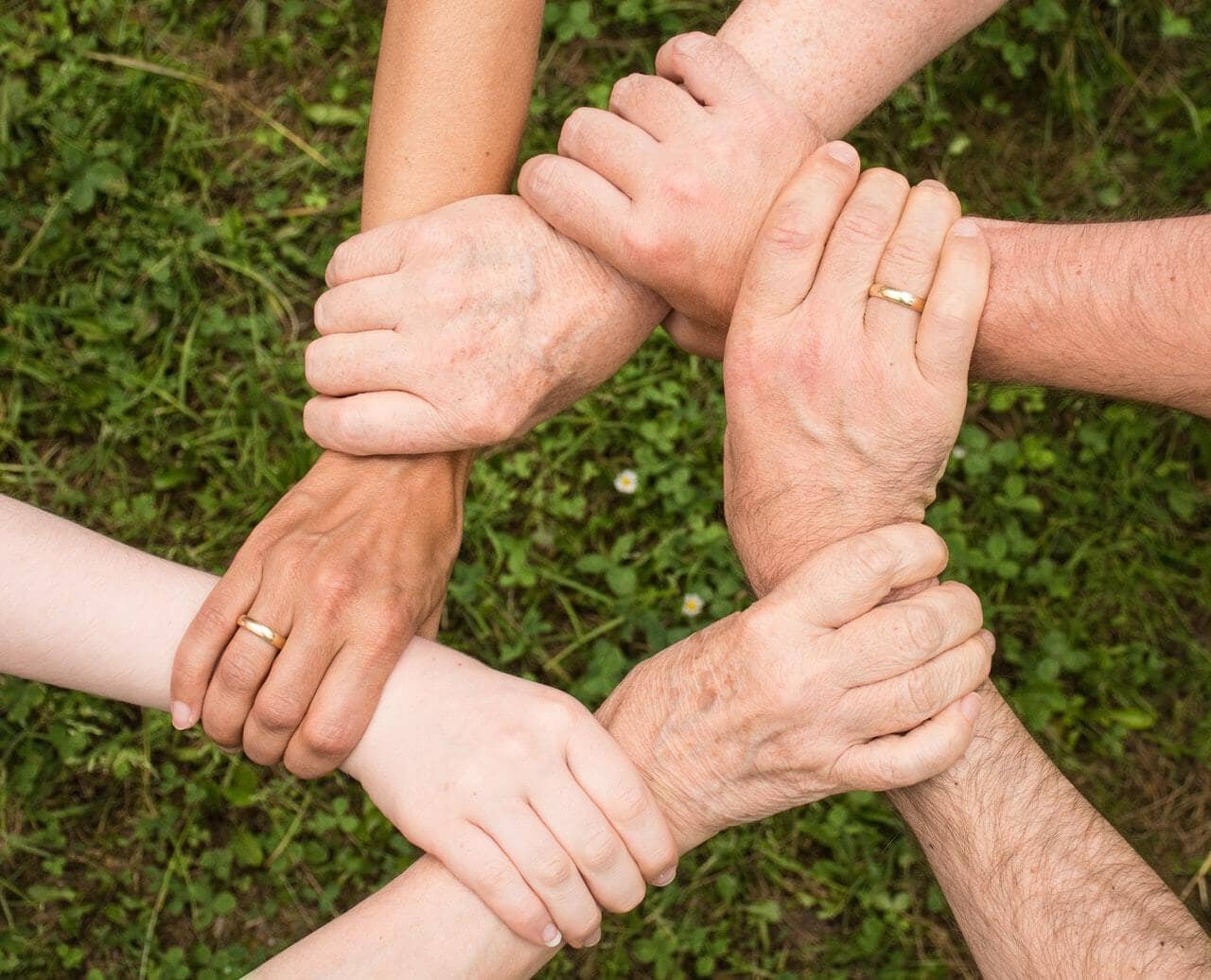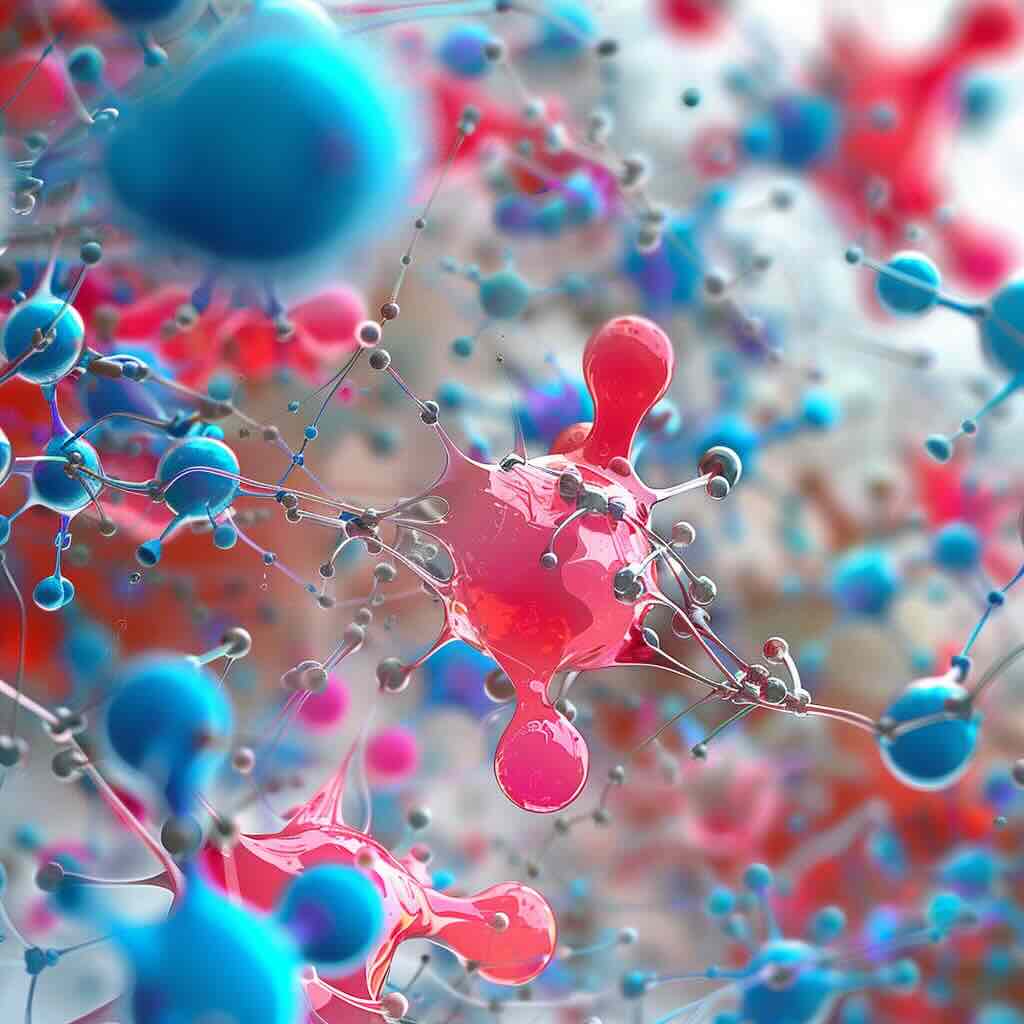When men grow old they tend to experience a variety of symptoms like frequently visiting the bathrooms in the night, a sudden urge to pass urine frequently in the course of the day, pain while urinating and even erectile dysfunction.
It’s easy to dismiss these symptoms as just random signs of aging or an infection, which sometimes they can be, but as medical case studies have proven, many times the root cause has been found to be a progressively enlarging prostate gland.
A prostate is simply a small gland that surrounds the neck of the bladder in men. Its function is to release prostatic fluid which is one of the components of semen.
As men grow older, the prostate has been known to grow significantly from its original walnut size and reach proportions of a medium sized onion.
Sometimes prostate enlargement is an indication of cancer cells in the prostate. However, in most cases, the common cause is a non-malignant condition referred to as benign prostatic hyperplasia.
Men suffering from this condition experience abnormal growth of prostate tissue that eventually covers the urinary tract obstructing the flow of urine. In such cases, urinary symptom relief can be achieved through the use of phytotherapies, i.e. treatment obtained from plants, lifestyle and dietary changes, nutraceuticals and the use of conventional drugs as prescribed by a physician.
Age-Related Prostate Growth and “LUTS”
If unchecked, by the time many men become fifty years old, their prostate cells have multiplied and pinched off their urethra. The result is a decrease in the flow of urine. Sometimes the growth doesn’t need to be large. A small amount can produce a variety of lower urinary tract symptoms (LUTS). Some of the symptoms include:
• A weak stream of urine
• Frequent night time urination
• Pain while passing urine
• Residual urine in the bladder after urinating
• Erectile problems.
As men grow older they become more susceptible to LUTS. It is believed half of the men aged sixty and over ninety percent of men aged eighty-five and over are affected.
Conditions related to prostate enlargement
Benign Prostatic Hyperplasia’s (BPH) the most common condition associated with swollen glands of the prostate. As can be derived from the name, it involves the non-malignant proliferation of prostate cells and the formation of “hyperplasia” –that is the excess tissue. Studies reveal that BPH elevates the risk of damage to the kidneys and makes men more susceptible to bladder infections. It can even cause erectile dysfunction. One major factor that leads to the development of hyperplasia is the influence of testosterone metabolites.
One such metabolite is dihydrotestosterone. This metabolite is converted from testosterone by an enzyme called 5a-reductase. Doctors have discovered DHT to be very potent. High levels of DHT have been linked to BPH, prostate cancer as well as hair loss. (Since 5a-reductase is also present in the scalp).
As men grow older they also possess another enzyme in higher levels – aromatase. This enzyme works by converting testosterone, the male hormone, into estrogen, the female hormone. Like DHT, increased levels of this hormone lead to the destruction of cells.
Prostatitis is another non-malignant condition associated with the enlargement of the prostate. It is evidenced by the inflammation or infection of the prostate. Its symptoms are very similar to those of BPH.Prostatitis can be acute or chronic. Its treatment is usually by anti-inflammatories or antibiotics.
BHP/LUTS treatment options
The most effective way to avoid prostate-related illnesses in aging men is by adopting and maintaining a healthy diet. Having a healthy diet not only strengthens the body’s immune system but also helps the body fight diseases. Exercising is also crucial for the body to fight diseases because it steps up the immunity.
Green vegetables, which are rich in Carotenoids and vitamin C, should be consumed in heaps while dairy, meat and eggs should be kept to a minimum. Taking nutritional supplements like lycopene, vitamin C, essential fatty acids, zinc and Selenium are highly encouraged. Maintaining a healthy body mass index, regulating the consumption of foods high in sugar and performing regular exercises have also been proven to be beneficial in this fight.
After a good diet, using phytotherapies is an excellent way to alleviate symptoms where the symptoms are moderate. In cases where BHP/LUTS symptoms are extreme specific drugs may be administered.
Conventional drugs for prostate-related illnesses
Aromatase inhibitors
Anastrozoleis a great example. It is very effective in preventing age-related increases in aromatase and estrogen. Men aged sixty and above suffering from low testosterone levels can consume one milligram of Anastrozole daily to boost their levels.
Desmopressin
This is another very useful drug that is effective in reducing the symptoms many men suffer from - waking up in the night frequently to urinate. The drug is simply a synthetic version of the hormone Vasopressin which plays a key role in maintaining the body’s water balance.
5a-reductase inhibitors
This drug works by preventing testosterone from being converted to BPH. By doing so, it reduces the size of the prostate while simultaneously easing the symptoms and preventing further growth.
Phytotherapies treatment for LUTS and BPH
Pygeum africanum
Also known as the African plum tree, the bark of this tree has been used in Europe and the United States to treat BPH/LUTS. Phytosterols – the active constituent –inhibits the swelling of tissue in the prostate.
Urtica dioica
Commonly known as the stinging nettle, it works by inhibiting aromatase in Prostate tissue. Both the stinging nettle and Anastrozole target the same enzyme. It’s so effective that in a study more than eighty percent reported significant improvement from using Urtica for six months! Urtica also protected patients from prostate cancer by preventing the proliferation of malignant cells.
Seronoa Repens
This treatment has been used in the treatment of BPH and cancer for more than two centuries. It is therefore the most widely used phytotherapy to treat LUTS and BPH.
These proven phytotherapies work differently but all tackle the underlying issue that leads to prostate-related urinary infections. When the phytotherapy treatments are combined in a formula, say, Prostate Pro2, the potency of the medication is further enhanced. This makes the product invaluable in supporting prostate health and wellness.





